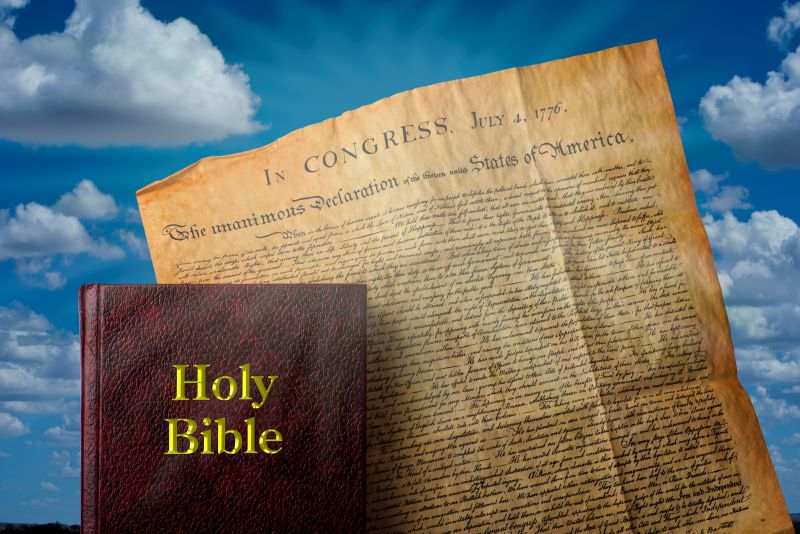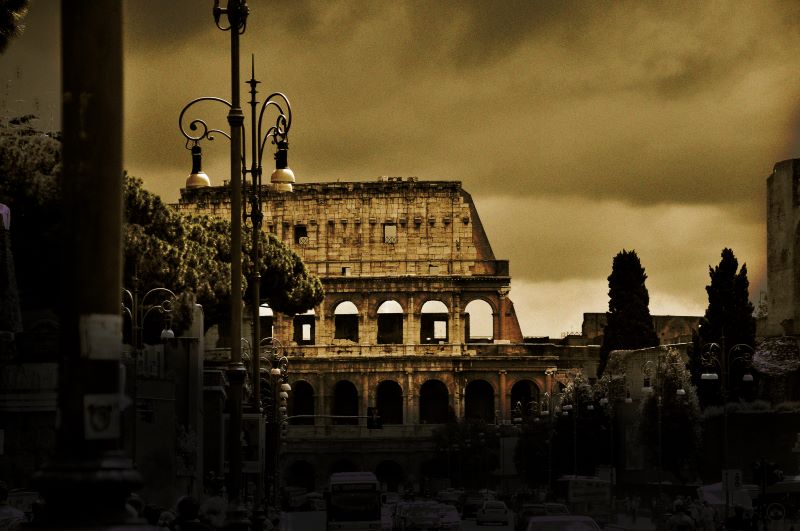The Thinnest Blue Line
Sign up for a six month free
trial of The Stand Magazine!
“We never know the worth of water till the well is dry.” English clergyman and historian, Thomas Fuller, is credited with this astute adage.
But I doubt that when Fuller stated this 400 years ago, he could have imagined the world in which we live. Yet Fuller’s words should be heeded today more than ever – especially now that the “blue line” of America’s police protection is being stretched thinner and thinner.
Honestly, I cannot imagine being a member of any law enforcement agency in America right now. And I certainly cannot imagine being the spouse or parent of one of our brave protectors.
When I think of our local policemen and other law enforcement officers, I always pray for their safety; that’s a given. But I also pray for them to have the heart to stand and stay. It must be heartbreaking to dedicate your life to people who are not only ungrateful for that devotion but, in many cases, scornful or viciously hateful toward you.
Actually, I am amazed that all of our police have not quit by now. Why do they keep on doing their jobs in the midst of such hatred?
It’s certainly not for the money. According to statistics from the U.S. Bureau of Labor, the average salary for all levels and branches of law enforcement in America is right at $70,000. In our own state of Mississippi, the average person in law enforcement makes less than half of the national average.
Granted, our cost of living is much less in Mississippi than in other areas of the nation. So these police salaries might sound reasonable until you take into account the inherent danger of the job – and the life-saving importance of those jobs.
By comparison, American doctors average over $200,000 annually. And though doctors save lives, they rarely risk their own lives to do so. Pilots, on the other hand, do work in a risky profession transporting people from place to place, and they make an average of $110,000 per year.
But neither doctors nor pilots willingly run toward danger in order to help their fellow citizens. It is not part and parcel of their job descriptions. There really are very few other professions that compare to that of law enforcement when looking at the continual danger they face while protecting others.
So, we know it’s not money that keeps law enforcement heading back to work each day. What is it? What motivates them to continue?
I asked a retired police officer that question recently, and he told me that it all comes down to the one possibility that they just might get to help someone in need, someone that would otherwise be left vulnerable and helpless.
Vulnerable and helpless.
During one such moment of helpless vulnerability, local law enforcement officials made all the difference in the life of our older son. If they had not answered the call to a simple car wreck on a nearby country road one autumn afternoon, our son would have died.
Within minutes, the first responding officer had paramedics and a medical helicopter on the scene. Days later, our neurosurgeon told us there had been a very small window of opportunity for saving our son that day. That small window of opportunity was thrown open by a patrolman.
Amazingly, our local law enforcement personnel open those small windows of life-saving opportunity every single day. They come to our aid during car wrecks, burglaries, attacks, and countless other incidents.
Here in our small city, we simply pick up our cell phones and dial 911, and we know they are coming. We depend on them in our darkest moments of need to show up and defend us, no matter what.
But what if, one day, they don’t show up because there are no more police dedicated to our defense? What if they all give up and go to jobs that pay more in salary – and more in gratitude and respect?
“That will never happen,” you say.
Well, don’t be too sure because it is already happening in larger cities across the country.
More than 200 Seattle, Washington, policemen quit their jobs in the last 16 months, decreasing the city’s police force by 20 percent. Who can blame them with all they have endured during that timeframe?
Louisville, Kentucky, has also experienced a 20% decline in its police force during 2020, with 43 departures already in 2021 and only 26 reported new hires.
Likewise, Portland, Oregon, has lost over one-third of its force since July 2020, with 140 vacancies currently needing to be filled to reach adequate policing numbers.
And the city of New York lost over 15% of its police force during 2020. City officials are expecting similar numbers of resignations this year, since making history as the first state to end qualified immunity for police officers.
Right now, American cities and towns of all sizes are in dire need of new police hires. Yet we still hear foolhardy cries to defund the police. And a growing number of larger cities answered that cry by reducing their 2021 police budgets drastically.
Minneapolis, Minnesota, tried that budget reduction tactic, but soon changed their tune. In fact, the city recently decided to spend an additional $6.4 million to hire more police, a move born out of dire need. After losing almost 22% of its task force this year alone, many citizens began begging for help.
Do you want to know the main complaint of these desperate Minneapolis citizens who found themselves living in the midst of a violent surge in crime? They complained of waiting way longer for police to respond to their calls for help.
Let that soak in!
The people of Minneapolis were calling the police for help (the same police force they had protested, demoralized, and defunded), but there were not enough officers to respond in a timely manner.
In essence, the citizens of Minneapolis did not know the worth of their water until their well began to run dry.
I pray that we learn a valuable lesson here. May we all take heed and appreciate the sacrifices that law enforcement officers make on our behalf.
If not, one day, we may pick up the phone to cry for help and sadly discover that our well of protection has run completely dry and no one is coming to our aid.

Sign up for a free six-month trial of
The Stand Magazine!
Sign up for free to receive notable blogs delivered to your email weekly.


















